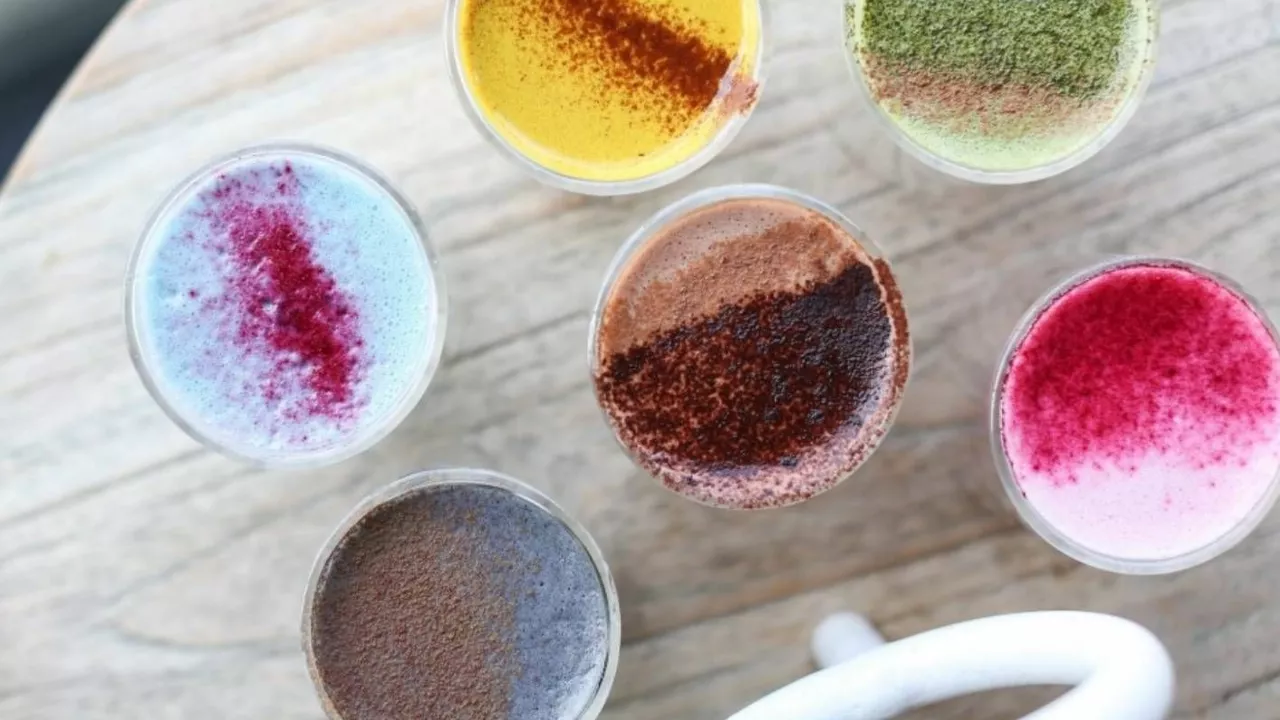Coffee Charcoal: What It Is and When to Use It
Heard about charcoal made from coffee and wondered if it’s useful or just a buzzword? Coffee charcoal can mean two things: activated charcoal derived from coffee grounds, or biochar made from spent coffee used in soil. Both have real uses, but they’re not interchangeable. Here’s a clear, practical look at what coffee charcoal does and how to use it safely.
What coffee charcoal is and how it’s made
Activated charcoal is a highly porous form of carbon that traps molecules on its surface. When made from coffee grounds, manufacturers first dry and heat the grounds, then 'activate' the charcoal using high heat, steam, or a chemical agent to create lots of tiny pores. That porous structure is what adsorbs odors, some toxins, and chemicals.
Biochar is different: it’s charred organic material used as a soil amendment. Turning used coffee grounds into biochar can lock carbon into the soil, improve water retention, and feed beneficial microbes. Biochar isn’t meant for eating or skin use.
Safe uses and buying tips
Want to use coffee charcoal? Think about what you need it for.
For teeth and face: Many toothpaste and masks use powdered activated charcoal. It can remove surface stains, but it’s abrasive. Don’t rub it on your teeth daily—limit use, watch for sensitivity, and ask your dentist first. For skin masks, patch-test first; some people get irritation.
For digestion and emergency detox: Activated charcoal is used in hospitals for certain poisonings, but you should never self-treat with charcoal for overdoses. It binds many drugs and nutrients, so if you take regular medication, do not ingest charcoal without talking to a doctor—charcoal can make your meds less effective.
For water and odor: Activated charcoal filters work well to trap chlorine, smells, and some chemicals. Use products labeled for water purification and follow replacement schedules—filters lose effectiveness over time.
For the garden: If you’re after soil benefits, look for biochar or composted coffee grounds. Biochar is best when mixed with compost first so it doesn’t suck nutrients out of the soil.
Choosing a product: Pick food-grade activated charcoal if you plan any oral or cosmetic use. Check the source—coconut-shell or hardwood charcoals are common and usually less dusty than coffee-based powders. Avoid products with added flavors, whitening agents, or unknown fillers. If you prefer convenience, capsules reduce mess and control dose better than loose powder.
Quick safety checklist: don’t use before medical tests or surgery, avoid with ongoing medication without a doctor’s OK, stop if you see breathing trouble or severe skin reaction, and keep charcoal away from children’s reach.
If you’re curious about turning your spent coffee into something useful, try composting first. If you want biochar, look for community workshops or suppliers—making proper biochar requires high heat and safe equipment. Want help picking a product? Tell me how you plan to use it and I’ll point you to options that match.

